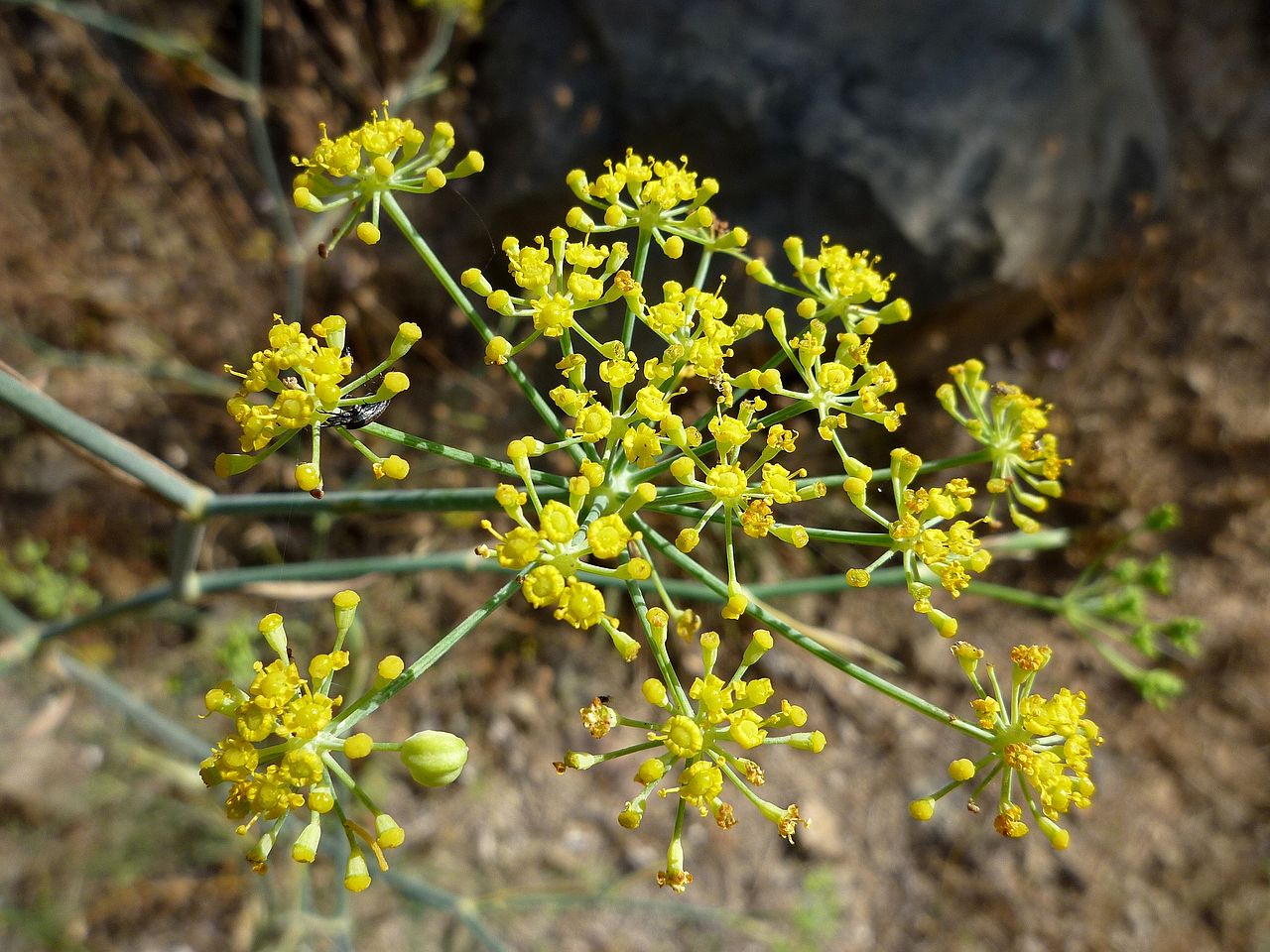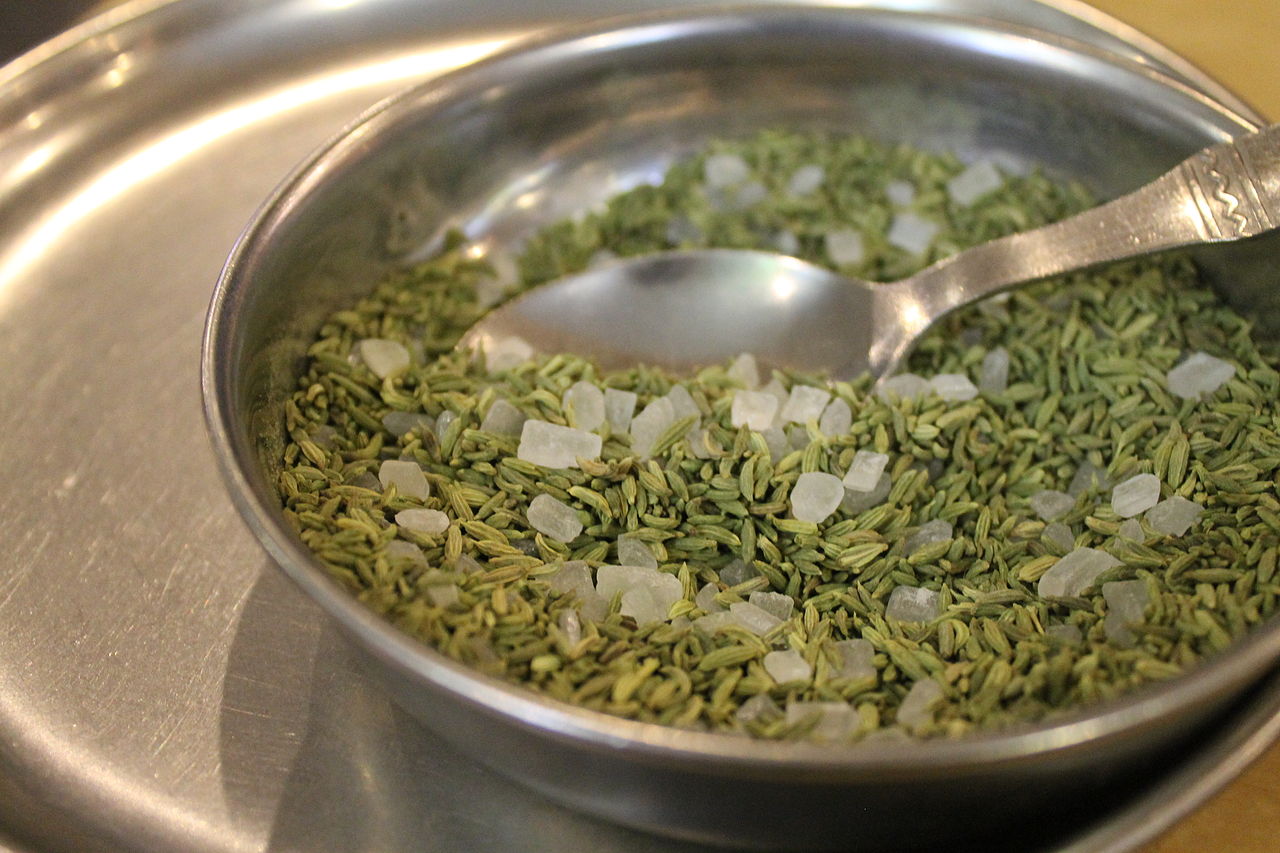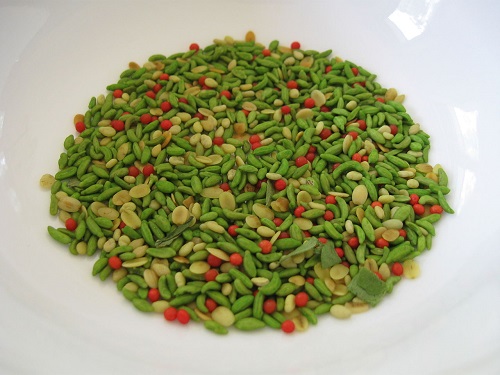Fennel: The Multi-faceted Healer
Foeniculum vulgare, is a common kitchen herb used around the world. Popularly known as sweet fennel or saunf in India, it is a perennial herb and belongs to the carrot family. The history of this ancient herb can be traced to the Mediterranean region. Known to grow wild, this herb was well-known to the ancient Egyptians, Romans, Indians and Chinese. During the Middle Ages, it was believed to be holy and was hung by people over their doors to drive away evil spirits. A multi-faceted herb, the ancient Romans used it to control obesity. This herb is now naturalized throughout Europe, North America and Australia and grown in gardens all over the world. The culinary uses of fennel are so diverse that it has travelled the whole world over the centuries. Today, it is indispensable in modern French and Italian cooking.
Cultivation
With regard to its cultivation, fennel is a perennial herb and so it just keeps growing irrespective of the weather and soil conditions. Fennel produces miniature, yellow coloured flowers, and their arrangement is such that each umbel consists of 20 to 50 individual flowers. However, the downside of this plant is that it is a highly invasive weed and it can damage the eco system. Hence, ample distance should be maintained between the fennel plants and others. Fennel grows best in full sun. The soil should be rich, moist, and well drained for ideal growth. It is grown from seed, which is directly sown. It takes around 2 months for the fennel to be ready for harvesting. Fennel plant is grown for its edible shoots, leaves, and seeds. In fact, all parts of the plant are rich in powerful antioxidants. Fennel seeds can be harvested as soon as they are ripe and the plant's flowers have turned brown. The seeds are very loose, so the best way to collect them is to place a large bowl or sheet underneath the plant and shake the seed head. The seeds are dried completely and then stored in a cool and dark place in an airtight container. They can be stored for up to six months.
Uses
Fennel seeds have a recognizable long and thin shape and are pale green or brown in colour. Its blanched shoots can be consumed as a vegetable. Besides its numerous culinary uses, fennel seeds offer a wide array of health benefits. Since time immemorial, fennel has been used to stimulate digestive secretions necessary for proper digestion and absorption of food. Munching on a few fennel seeds will sweeten and refresh your breath after a meal. Drinking fennel tea on a regular basis helps flush out excess fluids from the body as it works as a diuretic.
Fennel is one of the highest plant sources of potassium, sodium, phosphorus, and calcium and is considered beneficial for the heart. Fennel is rich in dietary fiber and vitamins. It is used in various traditional systems of medicine like in the Ayurveda, Unani, Siddha, and in the Indian and Iranian traditional systems of alternative medicine. It is used to treat various ailments ranging from cough/cold and cuts to very complicated diseases such as kidney ailments and cancer. It also has a wide range of veterinary uses. India is one of the largest exporters of fennel. The country’s love for fennel has been eternal!
 Government of India
Government of India





































 Recognizing the ongoing need to position itself for the digital future, Indian Culture is an initiative by the Ministry of Culture. A platform that hosts data of cultural relevance from various repositories and institutions all over India.
Recognizing the ongoing need to position itself for the digital future, Indian Culture is an initiative by the Ministry of Culture. A platform that hosts data of cultural relevance from various repositories and institutions all over India.